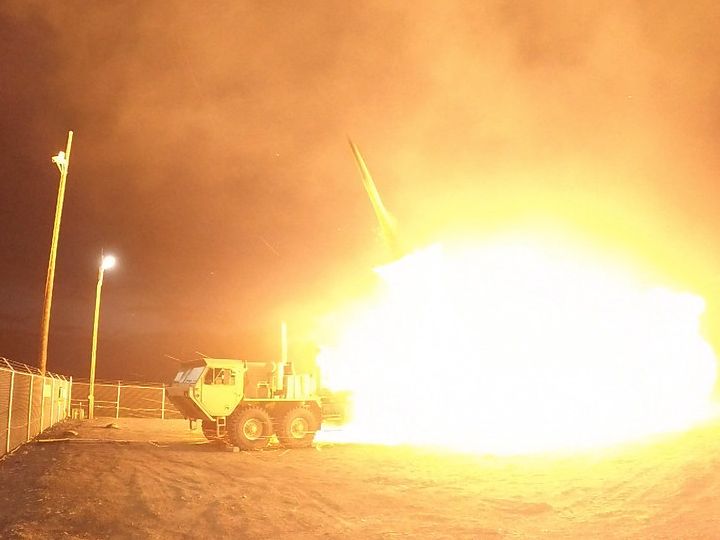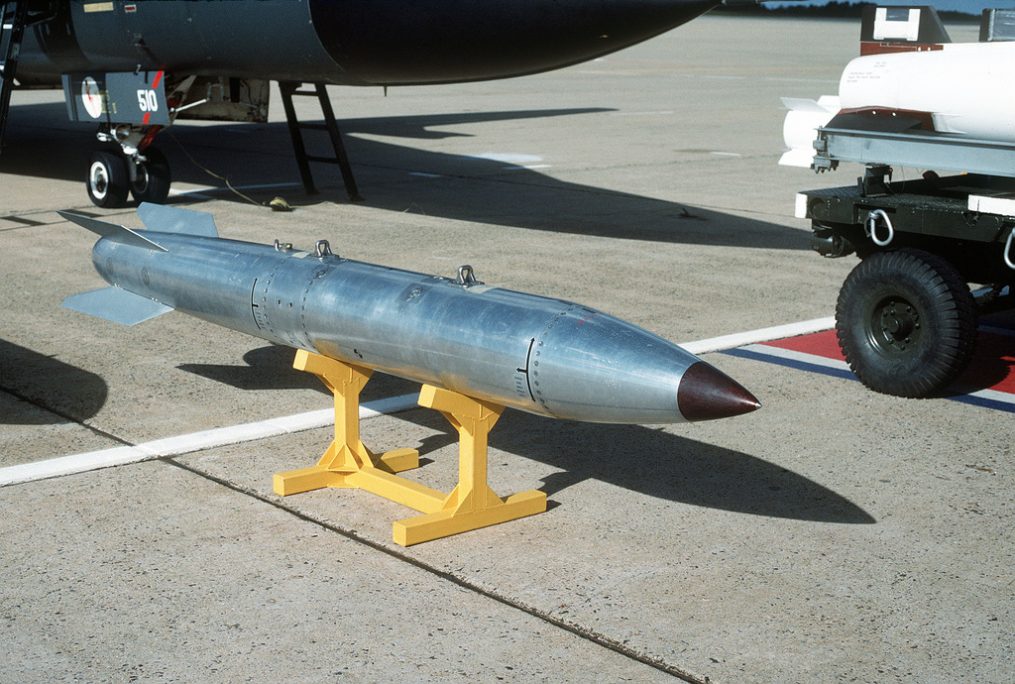Publications
Scientific publications
Readings & Reviews
Research axes
The collections
Scientific publications
Readings & Reviews
Research axes
The collections

The silent masters of the oceans: the strategic and non-proliferation implications of nuclear-powered submarines in Australia and Brazil
At the International Atomic Energy Agency (IAEA) General Conference in 2022, Director General Rafael Grossi emphasizes that “the world of nuclear proliferation and safeguards is changing,” and that this change creates important technical and political challenges. The announcement of the AUKUS agreement and the progress of Brazil’s nuclear-powered submarine program reflect regional geopolitical realignments. Internationally, the IAEA safeguards system is challenged by these developments insofar as they entail risks of nuclear proliferation. How does the acquisition of nuclear-powered submarines impact both the regional and international strategic balance and nuclear non-proliferation norms? The purpose of this research note is to analyze the geopolitical motivations of nuclear-powered submarine programs in Australia and Brazil and their implications for nonproliferation instruments.
𝐉𝐚𝐧𝐮𝐚𝐫𝐲 𝟐𝟎𝟐𝟑
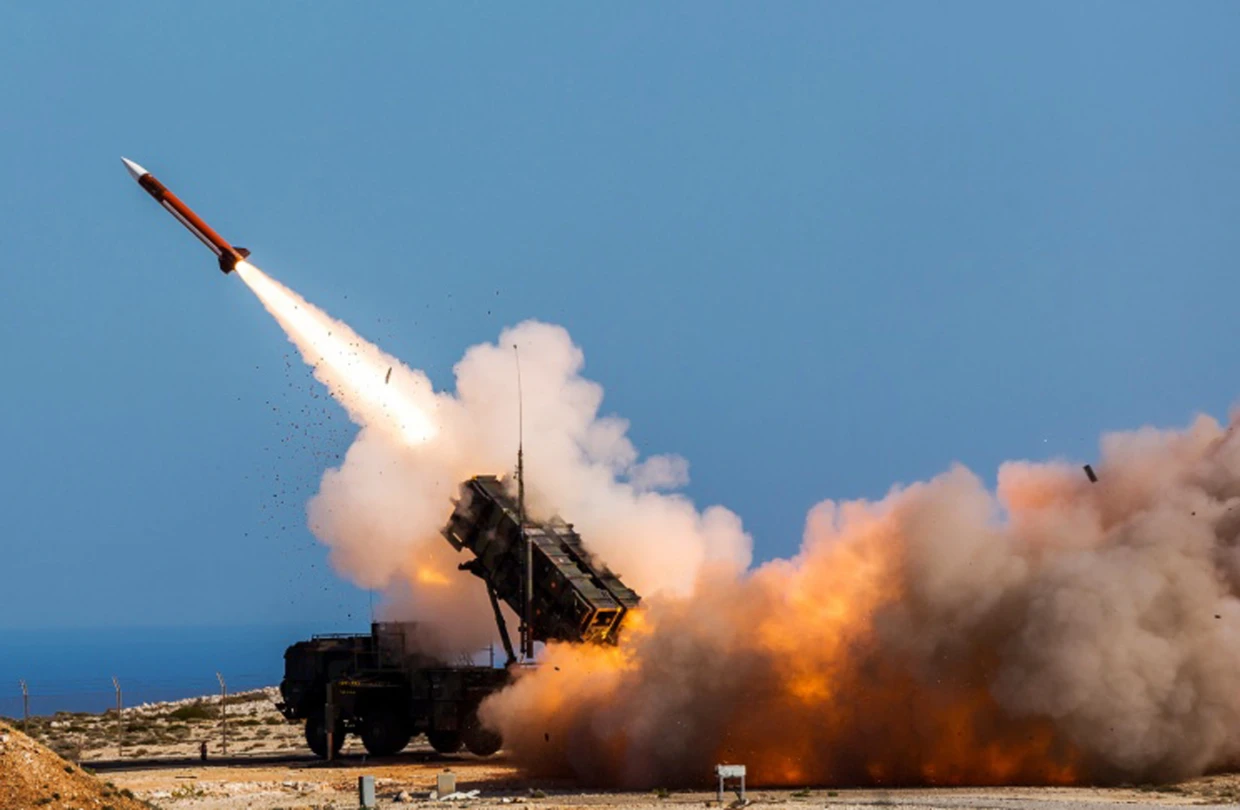
High strategic capabilities and defensive military assistance in the Ukraine war: the double threshold dilemma
One of the major elements of the Russian-Ukrainian confrontation is of course its potential nuclear nature. This dimension encourages the Biden administration not to let the war in Ukraine degenerate into a major conflict that would directly oppose Americans and Russians. This limit makes the problem of Western co-belligerence a key element in the political-military equation of the conflict. Taking this context into account, this note relates the tactical-operational “threshold” related to this arms supply to a second threshold of a politico-strategic nature, which in turn is influenced by the phenomenon of the interconnection of high strategic capabilities, and which opens up the delicate concept of multi-domain deterrence.
𝐉𝐚𝐧𝐮𝐚𝐫𝐲 𝟐𝟎𝟐𝟑

Economics of maritime flows, Economics of naval forces. Reflections on the notion of spatial address in the British thalassocratic strategy
Studying the heyday of English imperial power from 1830 to 1940, John Darwin judges that “[if] the British were able to build a world empire, [it] is because they were able to exploit the opportunities of global connectivity more completely than their rivals” Whether we consider the Empire in terms of its politico-economic “connections” or its military “maintenance”, can we say that this double dimension of “global connectivity” was thought by the British simultaneously?
𝐀𝐩𝐫𝐢𝐥 𝟐𝟎𝟐𝟎

The Thought of John Boyd, an epistemological perspective
While John Boyd’s work is often summed up in the “OODA loop”, his contributions to the strategic thought are much broader. They include the modern air combat theorization or a thorough reflection on maneuver and command modes.
𝐎𝐜𝐭𝐨𝐛𝐞𝐫 𝟐𝟎𝟏𝟗
The Nuclear Sea-Launched Cruise Missile (SLCM-N): Implication for U.S. nuclear strategy and arms control
In May 2021, soon after taking office, the Biden administration confirmed the decision to fund the NucleaSea-launched Cruise Missile (SLCM-N), one of the most controversial programs of Donald Trump’s term. The decision was received with surprise by some analysts: Joseph Biden had argued against this new weapon during his campaign. Finally, after considerable discussion within the government and the armed forces, the Democratic administration appears to have reconsidered its decision and canceled the SLCM-N program.
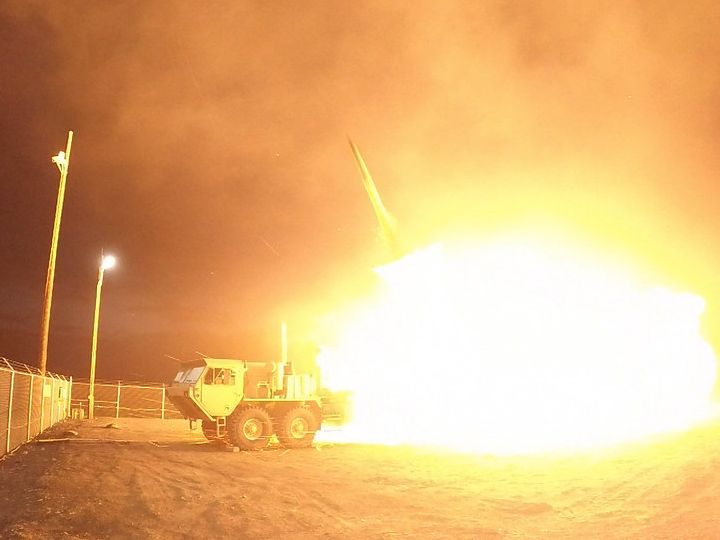
Offshore Balancing and Onshore Access, the role of coastal access in thalassocratic American culture
In American strategic culture, the balance between dominance of the open sea on the one hand and presence on distant shores on the other has been the dual foundation of naval thinking since its origins. The ambivalence present at the very heart of the work of Mahan, the most famous maritime and naval strategist in American history, bears significant witness to this. For the United States, Offshore balancing, a global political objective derived from this observation, remains inseparable from Onshore access on the shores of all continents.
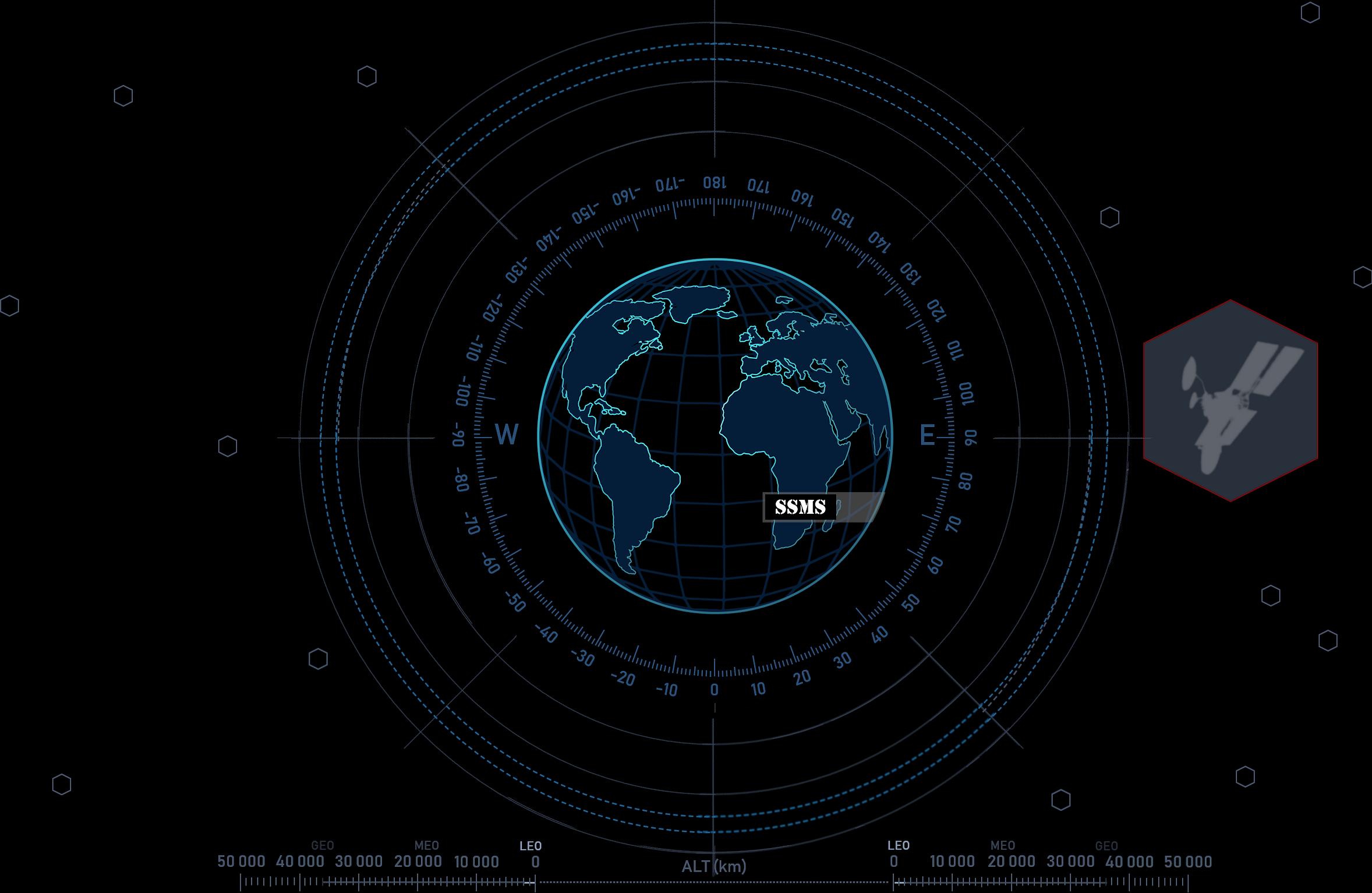
Exploration note of the space wargame realized on 19/11/2021
Designed in two phases, crisis management and Red Team exploitation of the results of the crisis, this Wargame allowed an in-depth reflection of the players, leading to the most negative possible result of a generalized catastrophe of the Kessler syndrome type. The causes of this development are to be found in a continuous escalation due to the export of traditional geopolitical oppositions to space competition, in particular between great powers, pushing the players to act in a logic of confrontation rather than cooperation. The relevance of decisions, as well as their rationality, have demonstrated a fundamental political dimension of management of Space, in particular in case of crisis, with the pursuit of interests and the will to power as the main engine of actions.

The Evolution of Command and Control (C2) in Multi-Domain Operations
Over the past two decades, several states in competition with the United States have capitalized on advances in technology and are now capable of challenging U.S. operational dominance in all domains. To counter this threat, the United States and its allies have adopted a doctrine of “multi-domain operations”. The complexity of this new strategy requires advances in communications technology, evolution and adaptation of artificial intelligence, and an overhaul of current command structures and processes.


